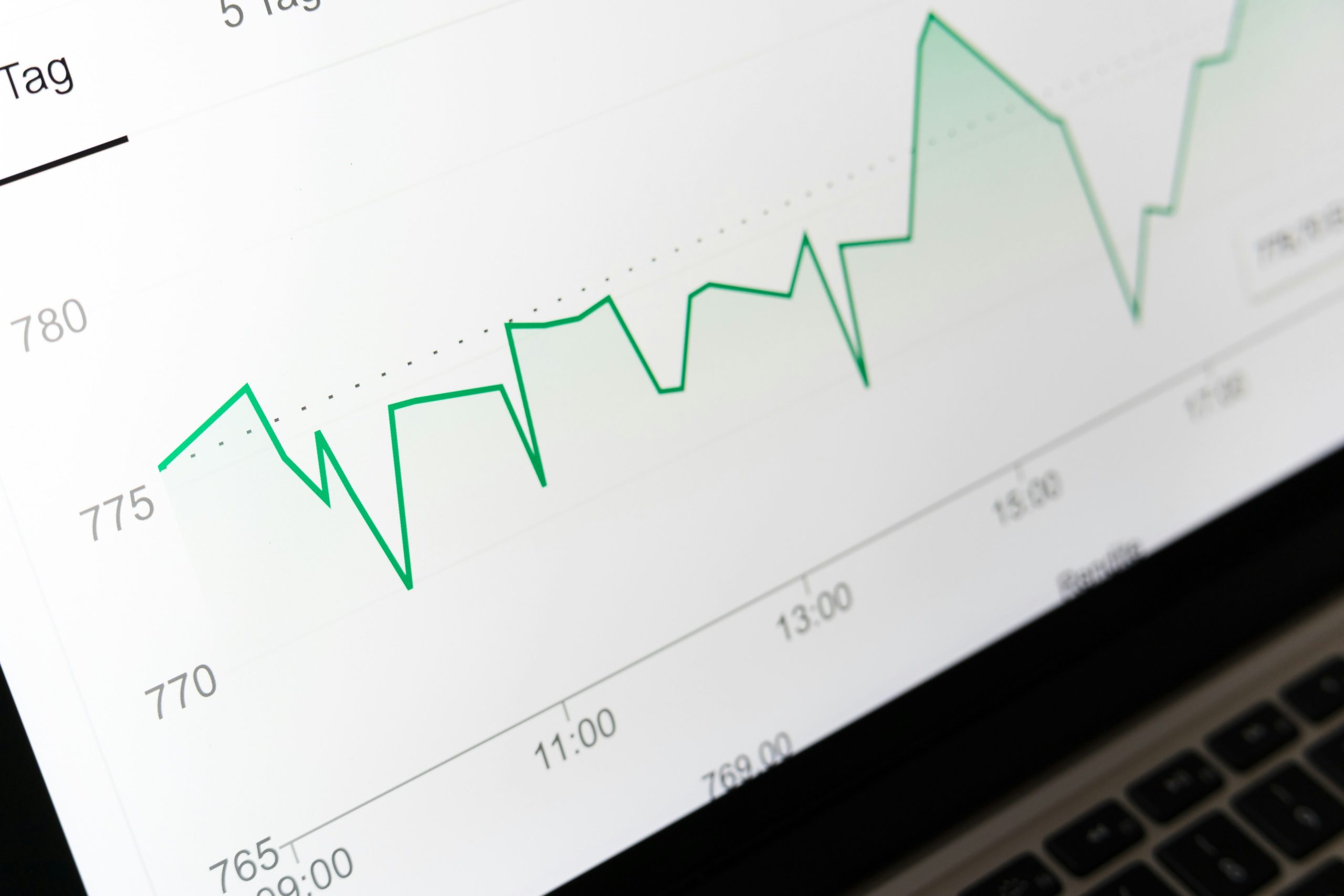The digital advertising landscape is undergoing a transformative shift, thanks to the rapid integration of artificial intelligence (AI). From personalized ad targeting to real-time bidding and performance analysis, AI is revolutionizing how companies reach consumers online. This blend of data science, machine learning, and automation is not just enhancing the effectiveness of advertising campaigns but also reshaping the future of the entire industry.
The Rise of AI in Digital Advertising
Over the last decade, the volume of online ads has increased exponentially. To cope with the growing complexity and data involved, marketers have increasingly turned to AI technologies. These systems analyze massive data sets in real time, helping advertisers understand consumer behavior, predict trends, and make better advertising decisions.
According to recent research, advertisers using AI-powered tools report:
- Improved ROI due to better targeting
- Increased engagement rates through personalization
- Shorter campaign planning cycles with automated processes
Smarter Targeting With AI
One of the most impactful ways AI is altering online advertising is through smart ad targeting. By analyzing user behavior — such as past searches, dwell time on certain pages, and even cursor movement — AI algorithms can predict what content a user is most likely to engage with. This results in ads that are more relevant and timely.
These adaptive systems are especially prominent on platforms like Google Ads and Facebook Ads, where AI engines constantly learn and evolve based on new data. The goal? To serve the right ad, to the right person, at the right moment.

Real-Time Bidding and Programmatic Advertising
AI is also at the center of real-time bidding (RTB) and programmatic advertising. These technologies enable companies to buy ad space on digital platforms in milliseconds. Here’s how it works:
- An internet user visits a webpage.
- That user’s profile (anonymized) is sent to an ad exchange.
- Advertisers bid in real-time to display their ad to the user.
- The highest bidder wins, and their ad is instantly shown.
AI handles all of this behind the scenes — making decisions based on user data, performance history, and budget constraints. It’s an incredibly efficient process that ensures every ad dollar is spent wisely.
Hyper-Personalized Ad Experiences
Today’s consumers expect a tailored online experience, and AI is making that possible on a scale never before imagined. With the help of AI tools, brands can craft individualized ad experiences based on a user’s preferences, behavior, and demographics.
For example, a travel company might use AI to show beach vacation ads to users who have previously searched for tropical destinations in the winter months. This level of personalization increases the likelihood of capturing user interest and converting impressions into actions.

Improved Analytics and Performance Tracking
Gone are the days when marketers relied solely on basic metrics like clicks and impressions. AI-powered platforms now offer deep analytical insights that reveal the real impact of an ad campaign. From sentiment analysis to customer journey mapping, AI can uncover what works and what doesn’t — often before a human even notices a trend.
With these tools, marketers can:
- Forecast future campaign performance
- Identify potential areas for optimization
- Allocate budgets more efficiently
Tools like Google Analytics, Adobe Sensei, and IBM Watson Advertising are already enabling brands to make data-driven decisions in real time, reducing guesswork and wasted expenditure.
Chatbots as Advertisers
While chatbots are commonly used for customer support, AI-powered bots are increasingly finding roles in conversational advertising. These intelligent bots can engage users in dynamic conversations, recommend products, and even complete transactions directly within messaging apps or websites.
By simulating human interaction, chatbots offer a non-intrusive way to advertise. Users don’t feel like they’re being sold to, but rather guided through an informative or enjoyable conversation. This drives customer engagement and increases the likelihood of conversions.
Ethical Concerns and Data Privacy
As with any powerful technology, the use of AI in advertising comes with its own set of ethical considerations. Personalization relies heavily on collecting and analyzing user data, which raises concerns around data privacy and consent.
Governments and organizations are taking steps to regulate data usage through frameworks like the General Data Protection Regulation (GDPR) and the California Consumer Privacy Act (CCPA). However, advertisers must also bear responsibility by:
- Ensuring transparency around how data is collected and used
- Allowing users to easily opt-out of tracking
- Implementing strict data protection protocols
Balancing personalization with privacy is becoming a central challenge for advertisers leveraging AI.
AI-Generated Creative Content
AI is not just crunching numbers — it’s creating content too. Tools like DALL·E, ChatGPT, and Jasper are capable of generating ad copy, video scripts, images, and even jingles. These tools speed up the creative process and allow for rapid testing of different content variations.
The use of generative AI in advertising empowers marketers to:
- Produce high volumes of custom content quickly
- Test which versions resonate most with audiences
- Reduce costs associated with traditional creative teams
However, human oversight remains crucial to ensure that automated content aligns with brand tone and values.
The Future: Predictive and Autonomous Advertising
Looking ahead, the next evolution of AI in advertising involves not just automation but autonomous decision-making. Imagine AI systems that can independently:
- Launch new ad campaigns based on seasonal shopping trends
- Adjust bids and budgets dynamically based on market demand
- Pause underperforming ads and scale high-performers instantly
Some companies are already experimenting with predictive AI models that can estimate campaign success before deployment, potentially saving millions in ad spend and improving efficiency dramatically.
Conclusion: Embracing the AI-Driven Future
AI is no longer a futuristic concept in the realm of digital marketing — it’s a current-day necessity. As AI continues to evolve and mature, its integration into online advertising will deepen, bringing about improved efficiency, better user experiences, and greater ROI for advertisers.
However, it’s equally important to proceed responsibly. Ethical use of AI, transparency in data practices, and a balanced human-AI collaboration model will define the most successful advertising strategies in the years to come.
Brands that understand and leverage the power of AI today are positioning themselves not just for improved performance now, but for unparalleled agility and relevance in the digital markets of tomorrow.
